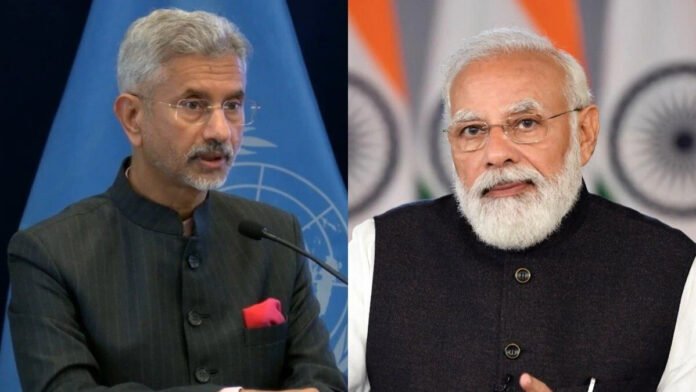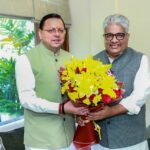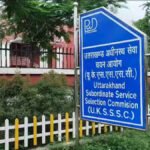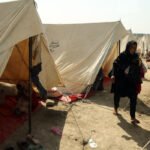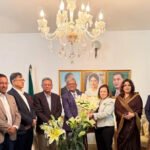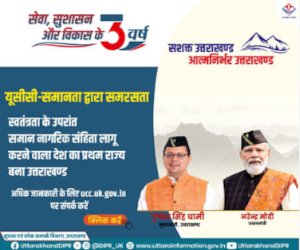Prime Minister Narendra Modi will not attend the 80th session of the United Nations General Assembly (UNGA) in New York later this month, breaking with the expectation that India’s head of government would represent the country during the high-profile annual gathering. Instead, External Affairs Minister S. Jaishankar will deliver India’s address at the General Debate on September 27, according to the provisional list of speakers issued by the UN.
The General Debate, which will run from September 23 to 29, is one of the most important events in the global diplomatic calendar, with world leaders and foreign ministers gathering to outline their countries’ positions on pressing international issues. Modi’s decision to skip the session has drawn attention, as the Prime Minister has previously used global platforms such as the UN to highlight India’s vision for peace, development, and multilateral cooperation.
This year, however, New Delhi has opted for Jaishankar to lead the delegation, a move that underlines the growing role of the External Affairs Minister as India’s principal voice in world affairs. Known for his articulate defense of India’s interests and his deep understanding of foreign policy, Jaishankar has become one of the most visible Indian leaders on the international stage.
Diplomatic observers believe Modi’s absence should not be seen as disengagement, but rather as part of a strategic adjustment of schedules. With global tensions rising—from the continuing conflict in Ukraine and instability in the Middle East to tariff frictions between the United States and India—the government appears to have decided that Jaishankar’s expertise is well suited to articulating India’s position at this critical juncture.
India’s presence at the UNGA is particularly important this year, as the country has been emphasizing reforms in global governance, stronger action on climate change, and the need for a balanced approach to technology, security, and development. Jaishankar is expected to highlight these themes, stressing India’s commitment to multilateralism and its willingness to shoulder greater responsibilities in shaping global outcomes.
His role at the UNGA will also be closely watched in the context of India’s immediate neighborhood and its broader Indo-Pacific strategy. Issues such as terrorism, maritime security, energy resilience, and equitable trade rules are expected to figure prominently in his address.
Meanwhile, Jaishankar’s growing profile is evident in his other scheduled commitments. On September 8, he will represent India at the BRICS virtual summit, which will be hosted by Brazilian President Luiz Inácio Lula da Silva. This comes at a time when BRICS countries are exploring deeper economic cooperation and seeking to play a stronger role in shaping global economic architecture.
For India, the twin responsibilities at BRICS and the UNGA mark an intense diplomatic season. The External Affairs Minister’s presence at both forums signals continuity in India’s external engagements and underscores the government’s intent to maintain a proactive role despite the Prime Minister’s absence from the UN.
Analysts note that Jaishankar’s prominence in representing India reflects not only his personal credibility but also the government’s recognition that the External Affairs Ministry is now at the forefront of shaping the country’s international image. His ability to handle tough questions, push back against criticism, and present India as a confident global power makes him a natural choice for these high-level assignments.
In recent years, Modi’s participation at the UNGA has often generated significant global attention, particularly during his addresses that combined India’s development agenda with calls for global unity. By entrusting Jaishankar with the task this year, the government is signaling that India’s foreign policy narrative will remain robust and consistent, even without the Prime Minister’s physical presence.
As the General Debate draws closer, attention will focus on how Jaishankar frames India’s vision for a rapidly changing world order and how effectively he can rally support for issues central to New Delhi’s interests.


